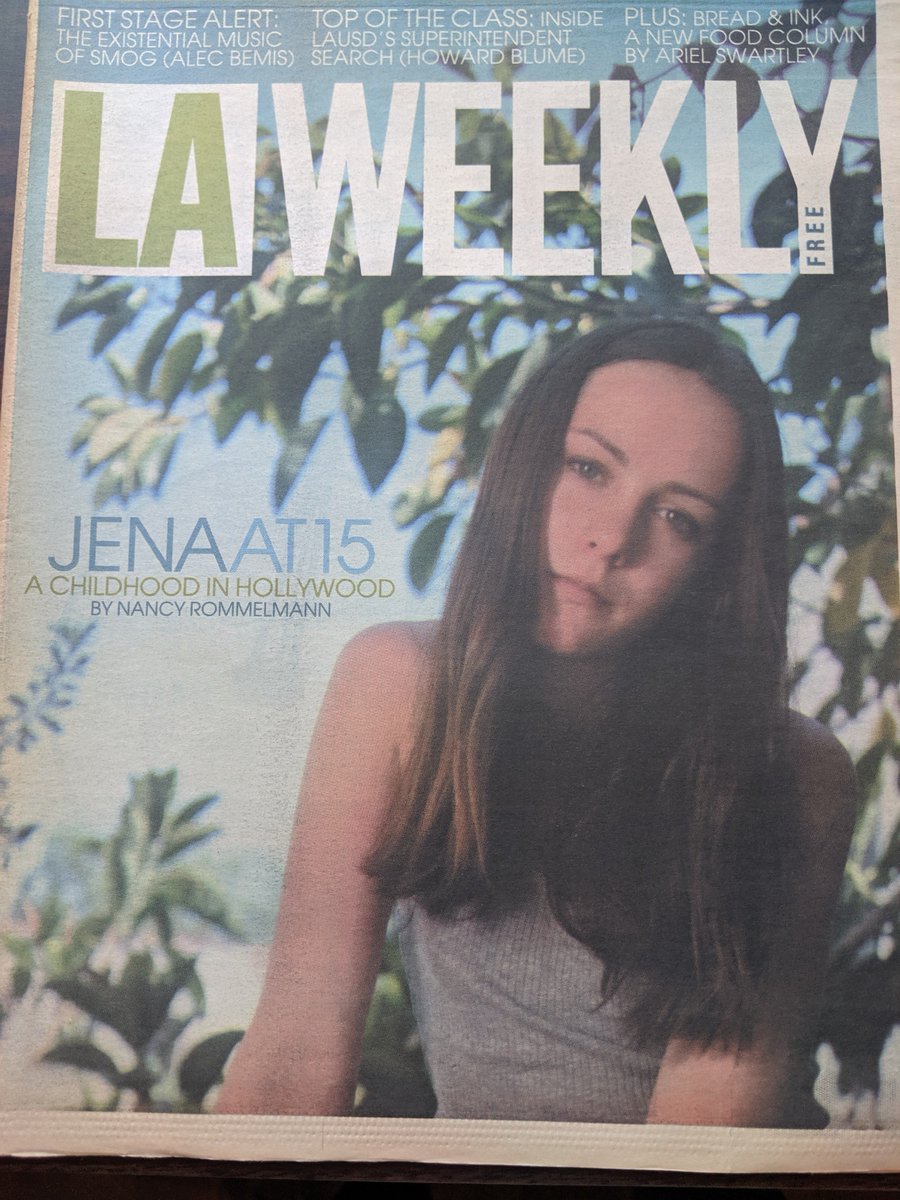Keen seems to be arguing that Scots law and English common law are the same on this UK issue.
He now turns to the order it made on 11 September, which said the prorogation was “null and of no effect”. This was a breach of parliamentary privilege under the Bill of Rights 1689, article 9.
Lord Kerr asks what would happen if the court declared prorogation unlawful. Keen says the PM would ask HM to recall parliament. Kerr: might the PM prorogue again? Keen: I can’t say.
Lord Kerr: what was the purpose of prorogation in this case?
Keen: I’m going to come on to that.
Hale: but it was arguably to enforce the will of the Commons.
Hale is unpersuaded by Keen’s response (and his unforced error).
Keen: the Scottish judges applied a political purpose test to prorogation. But you can’t test the propriety of a purpose if it’s not created by statute.
Lord Reed: what about the corrupt award of honours?
Keen: that could not be declared unlawful by the courts.
Keen argues that the PM’s reasons were apparent from the documents produced in the Miller litigation.
Wilson: do the documents explain why five weeks was needed?
Keen: because it included the conferences
Would the court be entitled to consider that as background to her memo?
Keen: she working for a private company at that time.
Keen: I’m just coming to that.
It cannot do that, says Keen. SO 13 says the Commons can be recalled only at the request of the executive and if in national interest.
Lord Kerr: why seven days?
Keen: why not? How can a court decide this?
Lady Black: could parliament have been prorogued after the conferences?
Keen seems to agree.


